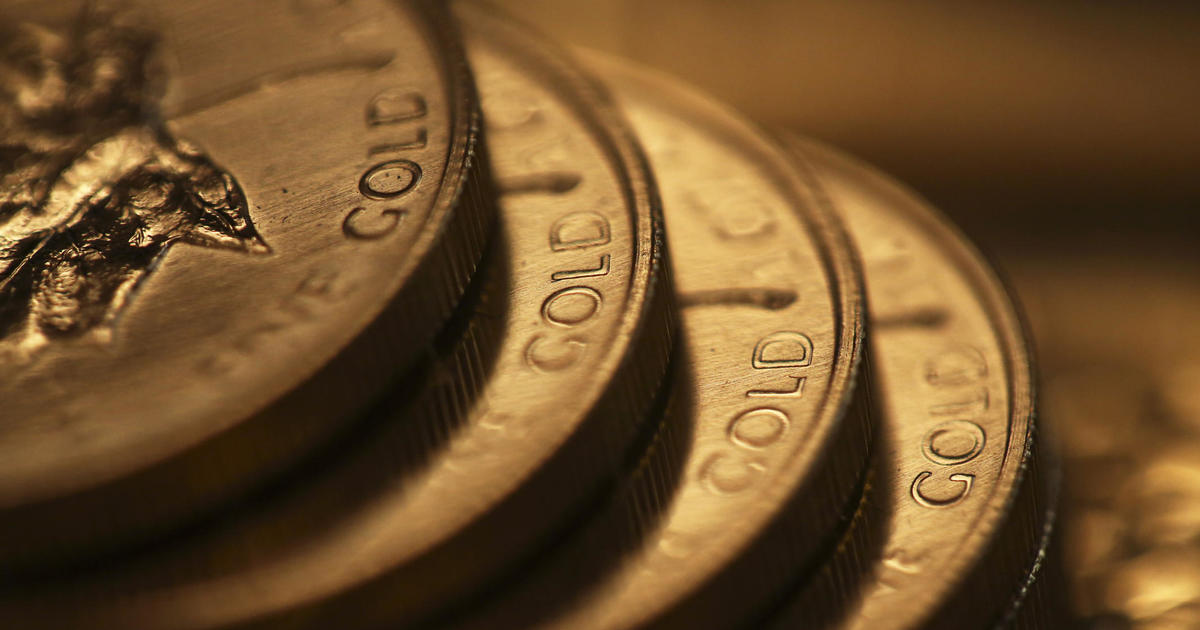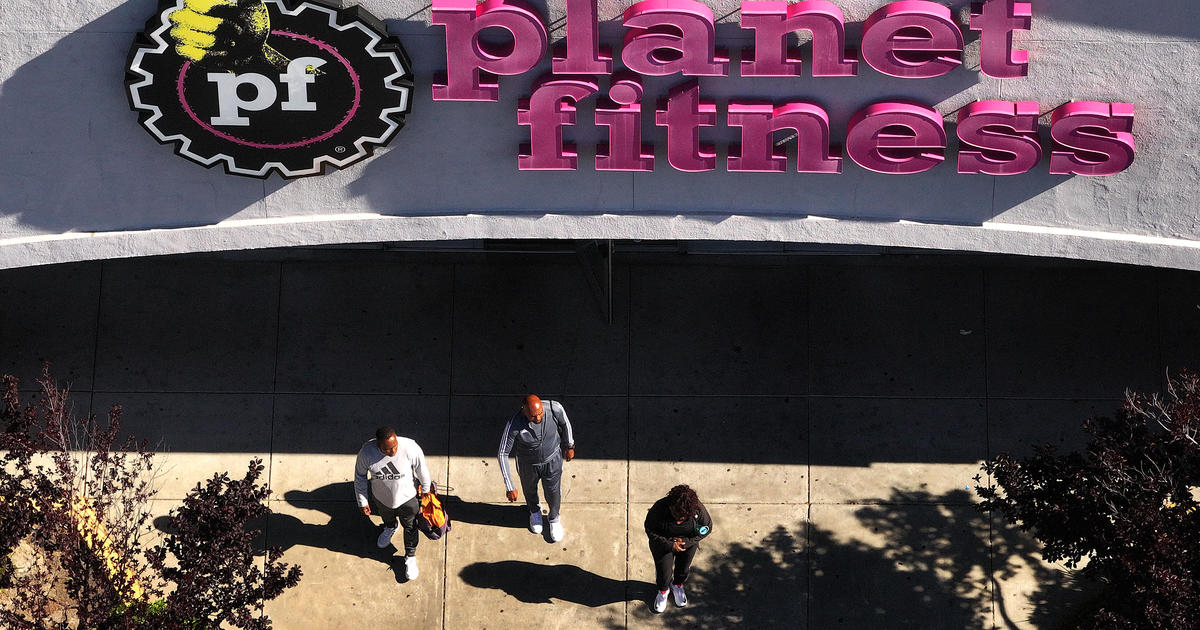Climate change worsens economic inequality, scientists say
- Climate change, which has different effects on the economies of cold and warm countries, has already made poor warm countries substantially more poor, a new study says.
- Without climate change, the per capita GDP of India would be 40 percent higher today.
- Poor countries' problems also affect rich countries, since climate change drives migration.
Climate activists frequently warn that poor countries will suffer more in a changing climate than ones that have more resources. But it's likely that climate change itself already is responsible for keeping some of those countries poor, according to new research from two Stanford University climate scientists."We find very high likelihood that anthropogenic [human-caused] climate change has increased economic inequality between countries," reads the paper, which is titled "Global warming has increased global economic inequality."
Climate change has been shown to change economic growth, but its effect varies by latitude. In colder countries, such as those in northern and western Europe, per capita economic output grows slightly faster when the weather is warmer than normal. In warmer countries, hotter-than-normal temperatures slow down growth. Unusually high temperatures make workers less productive and reduce agricultural output. They also lead to worse health outcomes for residents, which itself has an economic impact.
Thanks to climate change, India's per capita economic output is today 30 percent lower than it would be otherwise, while Norway's is 34 percent higher, the paper found. That means "in addition to not sharing equally in the direct benefits of fossil fuel use, many poor countries have been significantly harmed by the warming arising from wealthy countries' energy consumption," according to the authors.
"We're not arguing global warming created inequality between rich and poor countries," emphasized Noah Diffenbaugh, one of the study's authors and a professor at Stanford's Woods Institute for the Environment. In the last half century, the gap between wealthy countries and poorer countries has shrunk dramatically. However, this economic inequality "has declined more slowly than if global warming had not occurred," Diffenbaugh said.
In the future, the authors note, "although some wealthy countries in cooler regions could benefit from additional warming, most poor countries are likely to suffer."
Claire Ullman, a political science professor at Barnard University who was not involved in the study, observed that "the report confirms what we basically already know--the countries that will be hardest hit are those which have done the least to contribute to the problem."
Ullman, who studies social policy, noted that even though wealthier countries may suffer less direct damage from climate change, the social upheaval that it causes will ultimately threaten everyone.
"We wouldn't have a migrant problem at our border in the U.S. if it weren't for climate change. [These are] desperate people fleeing places [in Central America] where the crops have dried up and aren't yielding anymore."
The U.S., whose vast size gives it a diversity of climate types, is likely to feel both ends of that prediction. The large, wealthy cities that drive much of its economy — New York, Los Angeles, San Francisco, Dallas and Miami — are seeing more and more extreme storms, floods and wildfires, all of which are made worse by a warming climate and causing more expensive property and infrastructure damage.
The Federal Reserve Bank of Richmond last year warned that runaway climate change could take 6 percent off the U.S.' GDP growth by the end of the century.
Meanwhile northern cities like Duluth, Minnesota, and Buffalo, New York, are positioning themselves as attractive destinations for those fleeing warmer regions.



